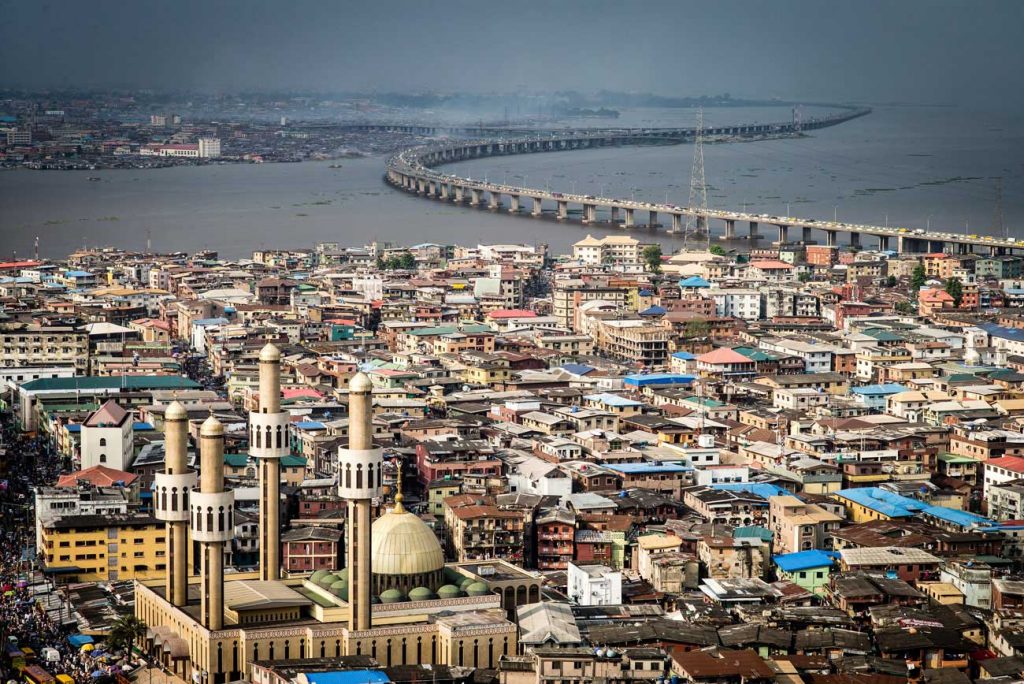Microsoft has partnered with Nigeria to accelerate the nation’s efforts in becoming a more digital economy.
“Together, we have an enormous opportunity to put technology to work, create jobs, to foster the technology ecosystem across Nigeria, and to use technology to preserve the best of the past and take us into the future” says Brad Smith, Microsoft President.
The partnership is anchored on three major pillars:
- Increased connectivity
- Upskilling and job creation
- Digital transformation
The Breakdown
- Six yet to be identified regions in Nigeria will receive high-speed internet infrastructure and broadband connectivity.
- Microsoft’s Airband team in collaboration with local partners will design and implement hyper-scale cloud services in these communities.
- Five million Nigerians will have access to digital skills over the next three years.
- 1,700 trainers will provide online and in-person training courses to the youths as well as government workers.
- Government will also be given the tools to digitally transform skilling, education and employment methods to match job seekers to the right employers.
- Microsoft targets 27,000 new digital jobs in the next three years.
- The digital transformation will be made up of two initiatives: The first will address corruption and the second will help protect Nigeria’s rich cultural heritage.
- Microsoft will partner with the Economic and Financial Crimes Commission (EFCC) to apply technologies like artificial intelligence (AI) and machine learning to help reduce corruption.
- Microsoft will support the effort of the Institute of Cultural Orientation to preserve and revive Nigeria’s three major indigenous languages: Hausa, Yoruba, and Igbo using “advanced technology”.
- A joint committee will guide these investments and provide updates on the programmes announced.
Read also: Increase in active GSM subscribers in Nigeria: implication for SMEs
This development is coming just weeks after Twitter chose Ghana as its African headquarters, which sparked a prolonged outrage by Nigerians on social media.
Will this partnership pacify Nigerians who are demanding that the government creates an enabling business environment? Only time will tell.
If all these are achieved, then Nigeria will be on the right path on the journey towards digital transformation.

